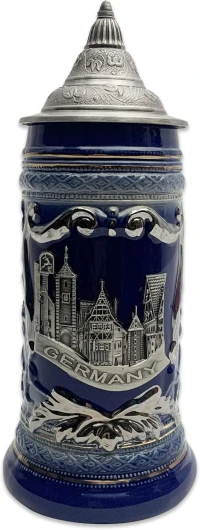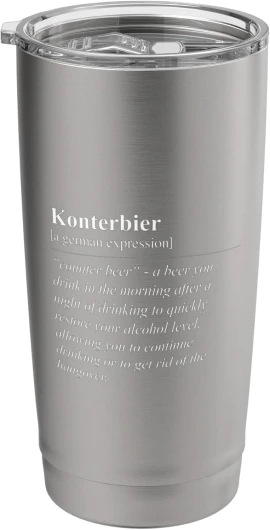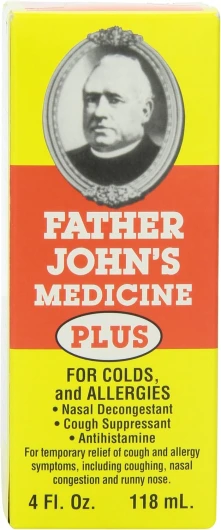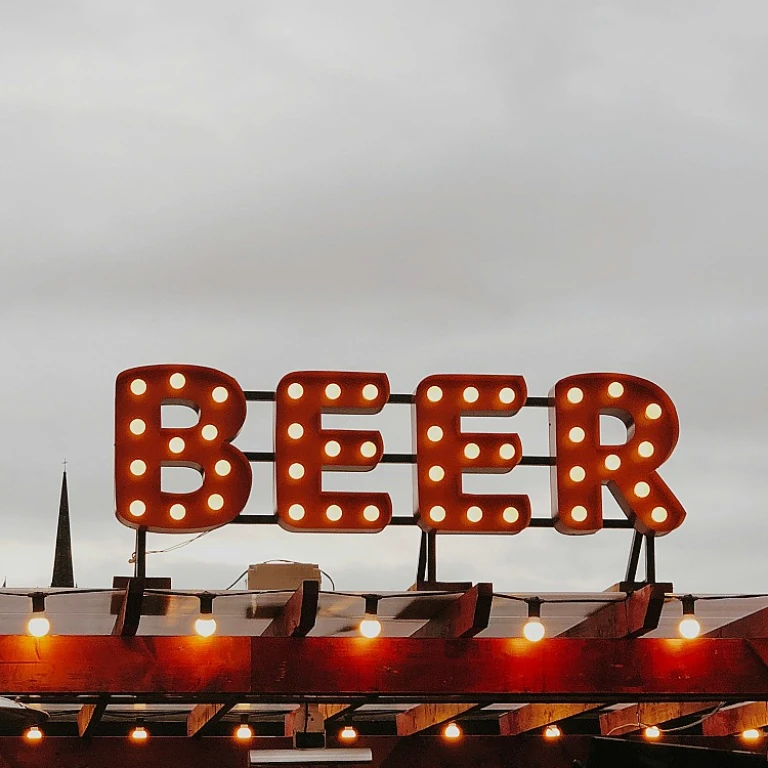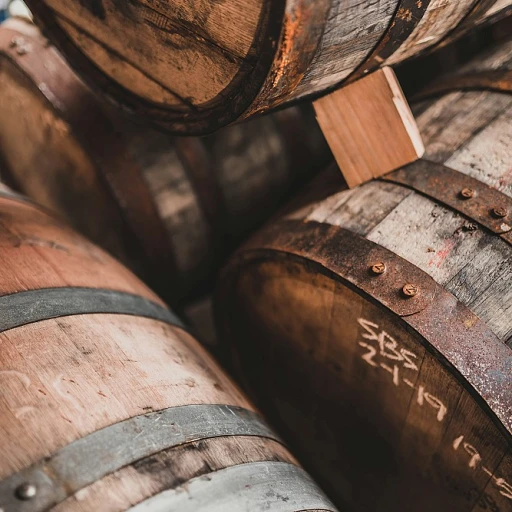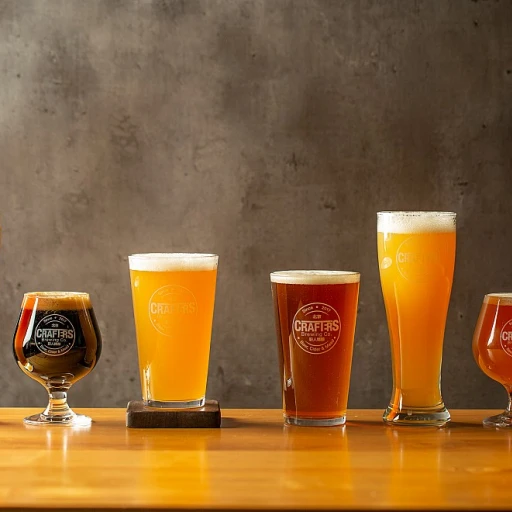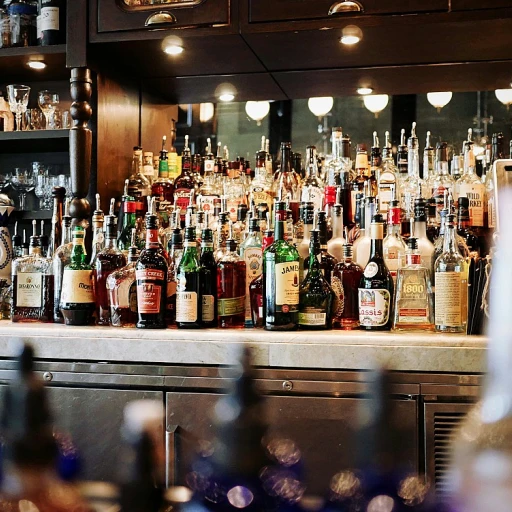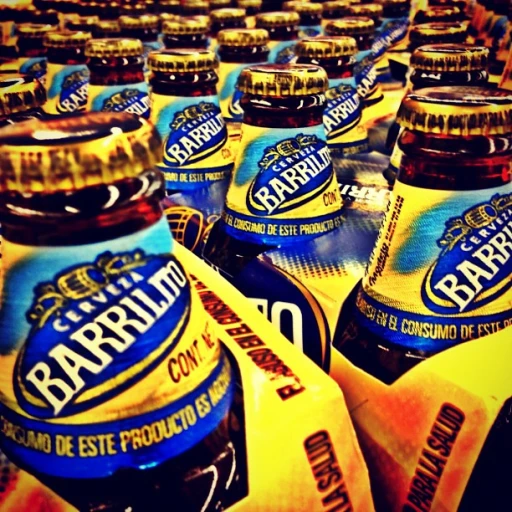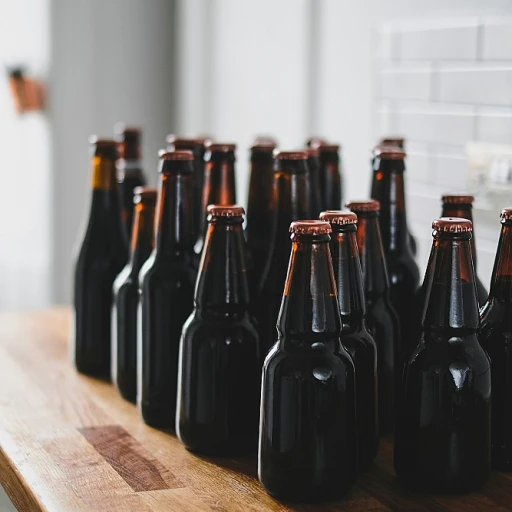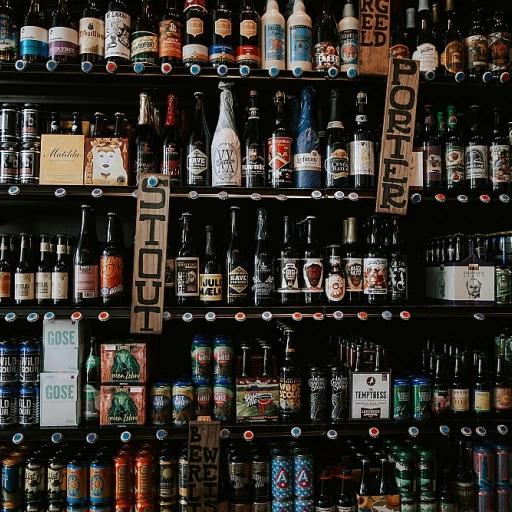
The counter beer remedy in german culture
What does "having a counter beer" mean in Germany?
In German culture, the idea of a "counter beer"—known locally as Konterbier—is a well-known remedy for the after-effects of a night out. This tradition involves having a beer the morning after drinking, with the belief that it can help ease hangover symptoms. While the effectiveness of this remedy is debated, the practice is deeply rooted in social habits and pub culture across Germany.
Origins and social context
The concept of the counter beer is more than just a quirky hangover cure. It reflects the communal aspect of German beer culture, where sharing a drink is part of daily life and social bonding. The counter beer is often enjoyed at local pubs or breweries, sometimes even as part of a leisurely brunch. This ritual highlights the importance of beer in bringing people together, whether celebrating or recovering from the night before.
- Seen as a light-hearted solution to hangovers
- Often shared with friends or fellow pub-goers
- Part of a broader tradition of beer-related customs
For those interested in how beer traditions shape local experiences, you might enjoy reading about the unique atmosphere at 3 Brasseurs on rue Saint-Paul, where the spirit of communal beer culture thrives.
How the counter beer became a crossword puzzle answer
From bar counters to crossword grids
In German culture, the idea of having a "counter beer"—often called a Konterbier—is more than just a casual remedy for a hangover. It’s a term that has seeped into everyday language, and even found its way into popular pastimes like crossword puzzles. But how did this happen?
- Familiarity: The concept of a counter beer is widely recognized in Germany, making it a perfect fit for crossword creators looking for culturally relevant clues.
- Short and catchy: The German word Konterbier is concise, easy to fit into crossword grids, and instantly recognizable to many solvers.
- Shared experiences: Since many people have heard of or tried the remedy, it creates a sense of connection when it appears as a crossword answer.
For those interested in how beer culture shapes language and entertainment, the journey of the counter beer from barroom tradition to puzzle solution is a fascinating one. If you enjoy learning about unique beer experiences, you might also like reading about exploring Miel Brasserie in Boston and how local traditions influence beer enjoyment worldwide.
Beer, clues, and culture: why the counter beer remedy sticks
Why beer traditions become part of everyday language
Beer is deeply woven into German culture, not just as a drink but as a social and even medicinal remedy. The idea of the "counter beer"—having a beer the morning after a night of drinking—shows how beer traditions can shape language and habits. This remedy, often mentioned in casual conversations, is more than just a hangover cure; it reflects a cultural approach to socializing and well-being.
- Shared experiences: The counter beer is a familiar concept, making it a perfect fit for crossword puzzles and word games. People recognize it instantly, which helps it stick in popular culture.
- Language and humor: The playful side of German beer culture means remedies like the counter beer are often referenced with a wink, blending humor and tradition.
- Beer as a cultural anchor: From local breweries to international icons, beer connects people. The counter beer remedy is just one example of how these traditions become shorthand for shared experiences.
For those interested in how beer culture shapes language and tradition, exploring the rich heritage of St. Bernardus beers offers a fascinating look at how brewing history and cultural rituals go hand in hand.
Hangover cures: fact, fiction, and the german approach
Understanding hangover remedies: what really works?
When it comes to hangover cures, myths and traditions abound. The German idea of a "counter beer"—having a small beer the morning after drinking—has become a well-known remedy. But does it actually help, or is it just a cultural comfort?
- The science behind the remedy: Alcohol can temporarily relieve hangover symptoms by dulling the effects of withdrawal. However, it does not address dehydration or replenish lost nutrients.
- Common hangover myths: Many believe greasy food, coffee, or more alcohol will cure a hangover. In reality, only time, hydration, and rest truly help the body recover.
- The German approach: The "counter beer" is more about social ritual than medical advice. Sharing a light beer with friends can ease the morning after, but it’s not a guaranteed fix.
- Modern perspectives: Today, most health experts recommend water, electrolyte-rich drinks, and a balanced meal over more alcohol. Still, the tradition persists in German culture and beyond, blending camaraderie with folklore.
While the counter beer remedy is a charming part of beer culture, it’s important to know its limits and focus on healthy recovery habits.
Crossword clues and answers: bringing beer traditions to puzzles
How beer traditions inspire crossword enthusiasts
Beer culture and language have always gone hand in hand, and nowhere is this more evident than in the world of crossword puzzles. The German remedy of having a counter beer, often referenced in earlier sections, has found its way into the clues and answers of many popular puzzles. This isn’t just a nod to a quirky tradition—it’s a testament to how deeply beer is woven into daily life and conversation.- Memorable clues: Crossword creators love to use culturally rich terms. The German word for a counter beer, with its unique spelling and story, makes for a perfect puzzle entry.
- Shared knowledge: Solvers who know about this tradition feel a sense of connection and accomplishment when they spot it in a grid. It’s a little reward for being in the know about beer customs.
- Language play: The playful nature of beer-related words, especially those with German roots, adds a layer of fun and challenge to puzzles. It’s not just about the answer, but the story behind it.

